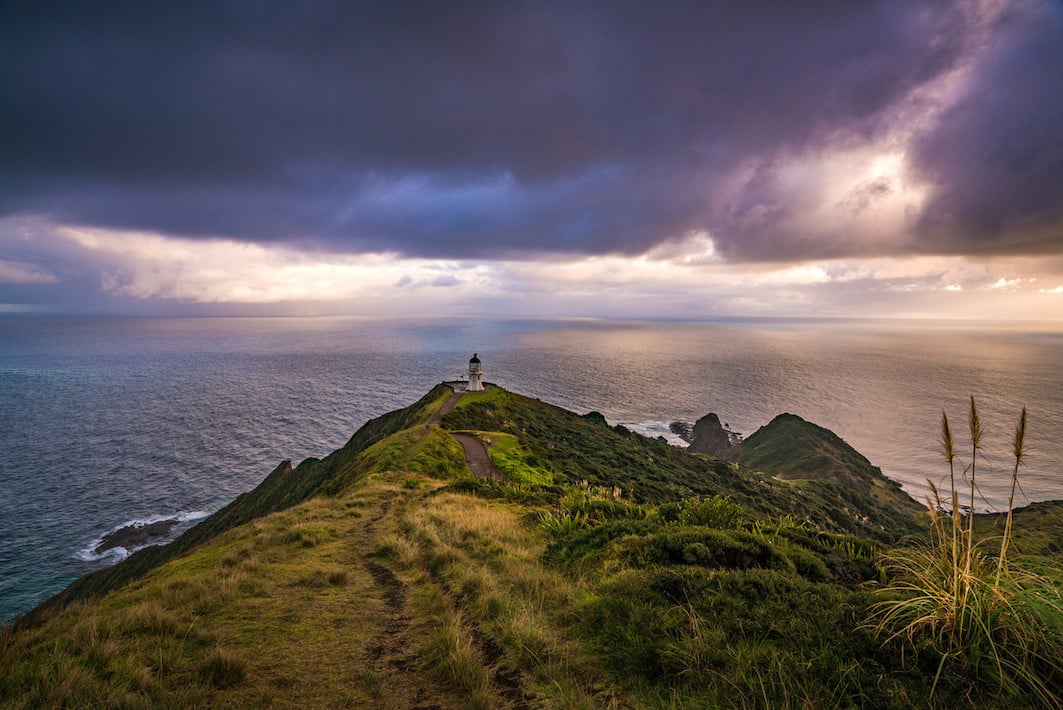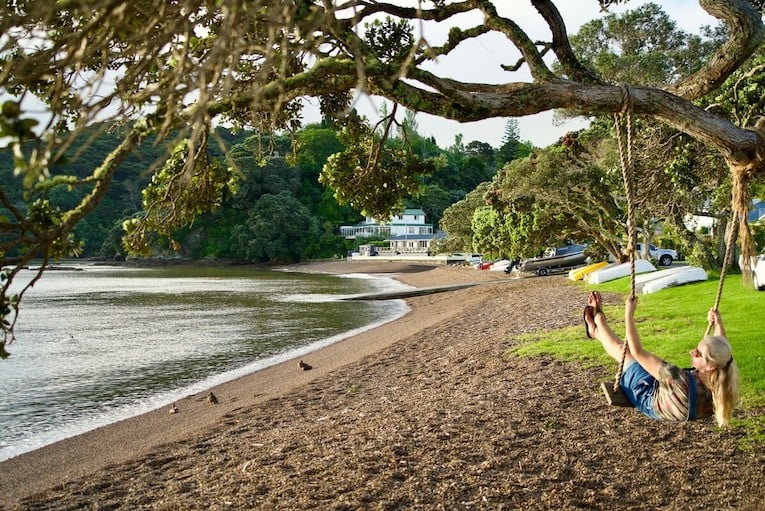A motorhome trip to the far north has everything — from the god of the forest Tāne-mahuta in Waipoua to one of New Zealand’s longest beaches at Pouto Peninsula.
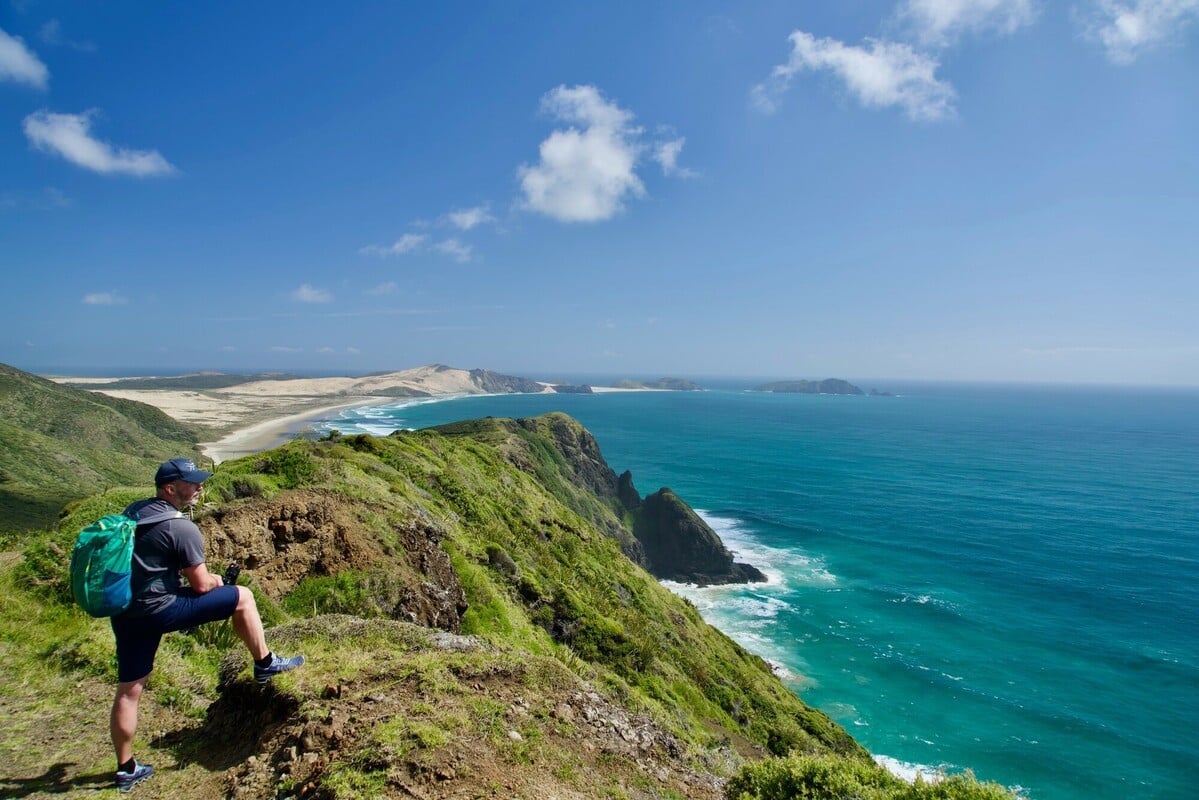
It’s also the place to discover some of Aotearoa’s rich history. And it’s home to one of the country’s most famous fish and chip shops.
In this Northland travel guide, we highlight Hokianga Harbour and the Kai Iwi Lakes. We also call out a few iconic eateries including Opononi Beach Takeaways — while reflecting on spiritual sites like Paihia and Cape Reinga.
|
Table of contents |
Mangawhai
An entertaining and scenic first stop on your Northland campervan itinerary should be Mangawhai Heads — only 90 minutes drive from Auckland. It’s well-known for its:
- Championship golf course — the warm and friendly Mangawhai Golf Club.
- Stunning surf beach — Mangawhai Heads which has several breaks
- Artisan food and wineries — including chocolatiers Bennetts of Mangawhai and Te Whai Bay Wines.
- Artists and craftspeople.
In the mid-19th century, Mangawhai Harbour was one of the main access points for venturing inland by boat (waka) before travelling overland to Kaipara Harbour. This millennium, it’s a fun destination for motorhome rental travellers — with Mangawhai Heads Holiday Park a fabulous base for an authentic camping experience.
With a dramatic surf beach for surfers and a calm estuary for kayakers and paddle boarders, you’ll enjoy the area regardless of your appetite for adventure.
On foot, the Mangawhai Cliffs Walkway is an absolute must-do for its incredible views. Voted one of New Zealand’s best short walks at an easygoing 9km, it’ll lead you from the shoreline to the clifftops.
You’ll be rewarded with stunning vistas of the coastline and the iconic Hen and Chicken Islands — home to many valuable flora and fauna. If you’re lucky, you may see whales or sharks enjoying the blue waters.
Walking will work up an appetite and there are plenty of excellent eateries in the area, such as:
- Mangawhai Tavern — an establishment that’s been around since the 1850s and often has live entertainment
- Wood Street Pizzeria — a family-friendly venue featuring some classic arcade games.
If you're up for a more active holiday, check out our North Island bike trails road trip itinerary.
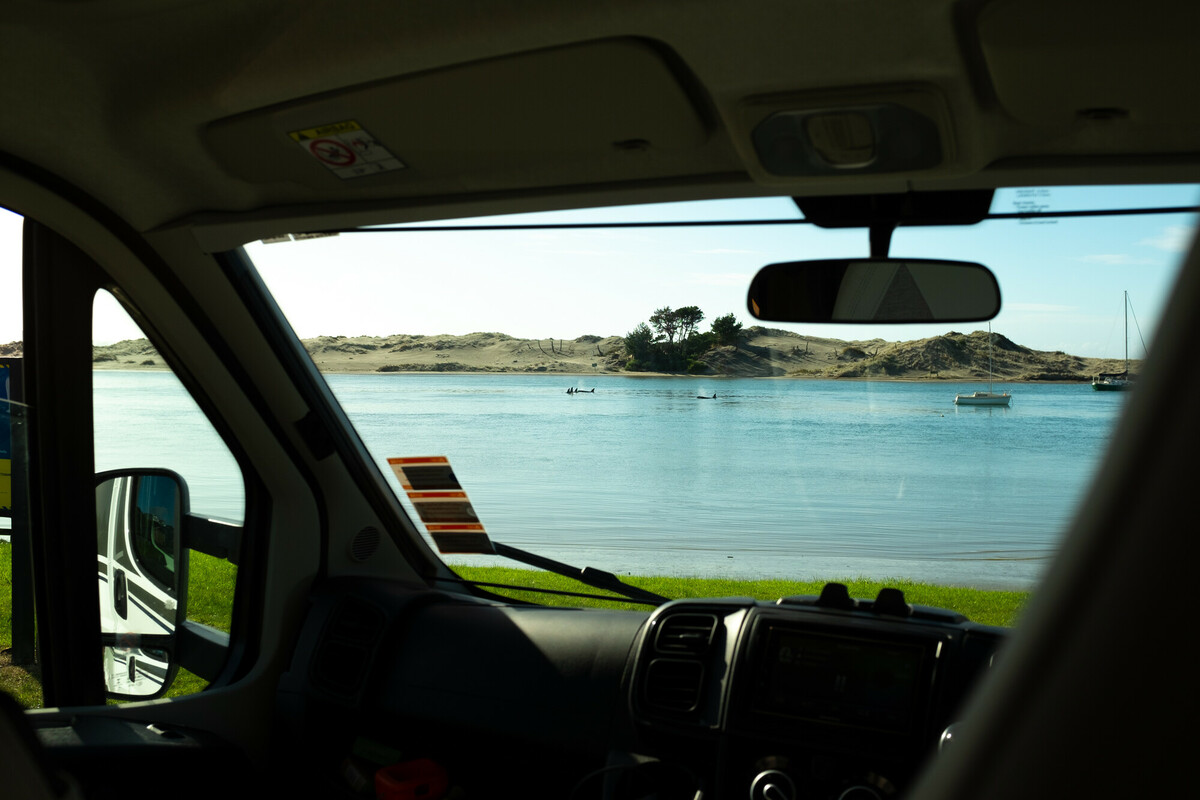
|
The Kauri Museum
|
Pouto Peninsula
Look closely at your map of Northland and you’ll find the tiny hamlet of Pouto perched at the northern end of Kaipara Harbour. The nearby Pouto Marine Hall Campground has clifftop views just waiting for you to park up and take in.
Pouto Peninsula stretches all the way north to the start of Ripiro Beach — a 107km long section of sand that only meets a natural barrier at Maunganui Bluff. Far longer than the so-called Ninety Mile Beach, it’s a unique and quiet spot.
Ripiro Beach’s sand bars have sunk more than a hundred ships in the last two centuries, as evidenced by parts of shipwrecks entombed in the dunes at low tide.
If you’re an adventurous type, you may like to book a 4WD tour through the local tribe’s landholdings and across the dunes to Pouto Lighthouse.
Nearby Dargaville Museum features a fascinating display of many stories and remnants from some of the ships that were claimed in this remote area.
Ruakākā Beach
One of the country’s biggest campsites at 13.8 hectares (ha) is situated in Ruakākā, only 32km drive from Whangarei. The friendly Ruakākā Beach Holiday Park offers 264 powered sites and 80 non-powered ones — and is a wonderful spot to park up.
Fishing, swimming and kayaking are all favourite activities in Ruakākā. Though relaxing on the sweeping white sandy beach will be a highlight of your Northland campervan hire.
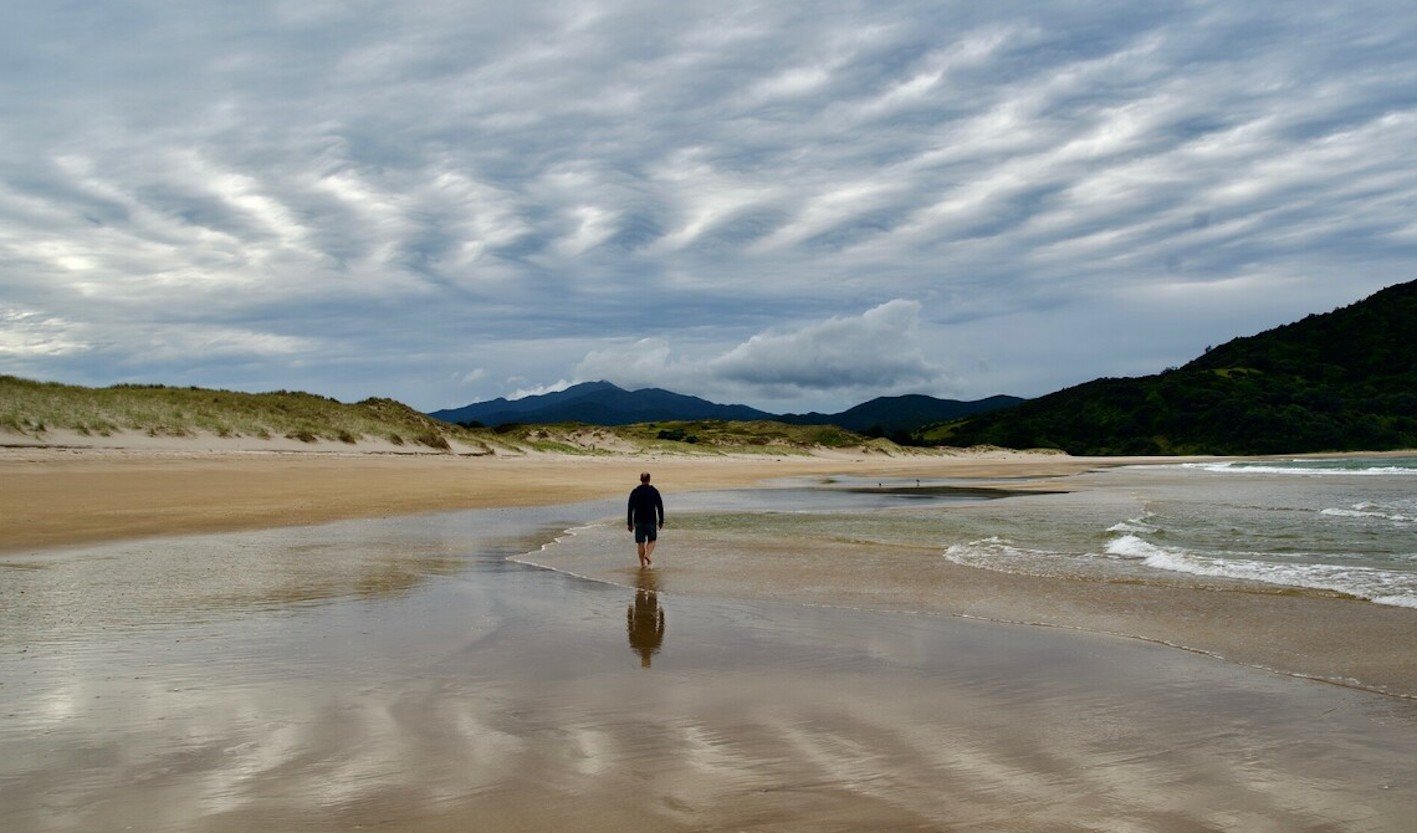
Kai Iwi Lakes
Take a scenic drive on State Highway 14 (SH14) across the island from Ruakākā to the west coast and you’ll find yourself at the Kai Iwi Lakes. White, sandy freshwater dunes and crystal clear water make this a likable setting just 35km from Dargaville.
At 237ha in area and 38m deep, Lake Taharoa is Northland’s deepest lake — and the region’s second largest. It has no natural inlets or outlets, with 70 percent of the water sourced from rainfall.
Campgrounds like Promenade Point make for a wonderful motorhome hire stop by the lakes. Immerse yourself in a few local activities like:
- Angling, boating or waterskiing
- Exploring the abundance of bush and open country walking tracks.
At dusk, watch out for locals and visitors alike on the lake shoreline with torches and small nets — in search of the little koura (freshwater crayfish). You can even have a go at catching them yourself, although they’re really a happy snack rather than a full meal.
Waipoua Forest
One of the largest remaining tracts of native forest in Northland is just up the road from Kai Iwi Lakes. State Highway 12 (SH12) will take you to Waipoua Forest — declared a sanctuary reserve in 1952 as a way to protect its remaining kauri trees.
Waipoua Forest is a special place to see kauri as it’s home to New Zealand’s largest — the mighty Tāne-mahuta. At around 2,000 years old, this incredible tree is almost 4.5 metres in diameter and still growing.
You’ll know you’re approaching the Tāne-mahuta walk because the road widens to accommodate vehicles, including motorhomes. The path to this awe-inspiring tree is buggy and wheelchair accessible — and is only a five-minute walk from the carpark.
The father of the forest Te Matua Ngahere is also nearby — just three minutes drive from the Tāne-mahuta car park where you’ll see a signpost labelled Kauri Walks. Take the 20 minute trail through native bush to reach New Zealand’s second largest living kauri.
This ancient green world is also home to an array of New Zealand wildlife like the endangered North Island kōkako and brown kiwi. Some native birdlife live here too, including the:
- Wood pigeon (kererū) — a large bird with luminous green and bronze feathers on its head and a smart white vest
- New Zealand fantail (pīwakawaka) — a cheerful little bird with a flamboyant tail
- Tūī — a boisterous bird with blue, green, and bronze colours and a distinctive white throat tuft
- Grey warbler (riroriro) — a tiny bird with a big song that’s coloured olive-grey with a white underbelly.
Prefer to learn about this wonderful forest through the eyes of those who grew up with it? Book a twilight encounter with Footprints Waipoua. Their four-hour dusk tour reveals the intimate link between trees and local Māori — while providing a mythological and interactive interpretation of life in the forest.
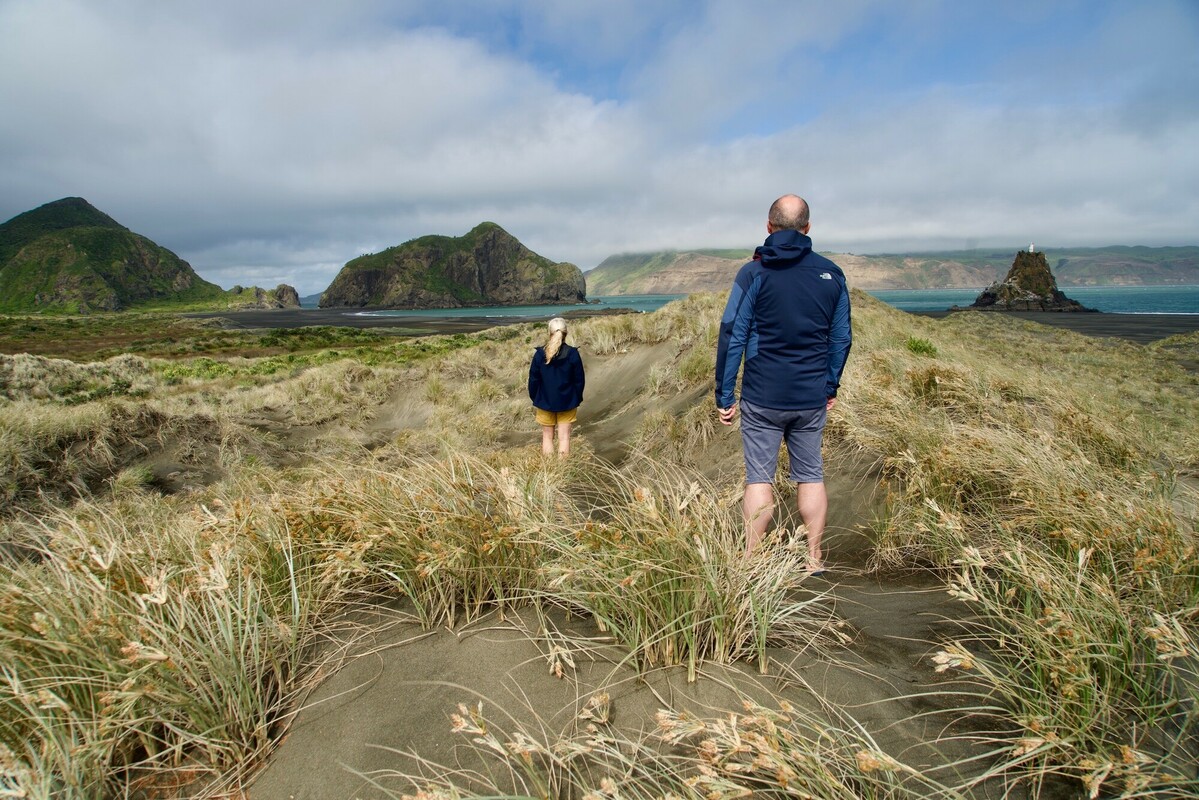
Hokianga Harbour
The road north crests a hill before leaving the green of the forest and encountering a swathe of sparkling water and white sand dunes. You’ve reached Hokianga Harbour — where the tide flows between its beautiful headlands.
This pioneering area is home to many of New Zealand’s firsts, including its first:
- Commercial shipyard — with its first ship launching in 1827
- Pub — the Horeke Hotel
- Post office — which was also located inside the hotel.
The people of Hokianga also claim Polynesian explorer Kupe’s waka first landed on these shores.
Today, the harbour is awash with a different kind of industry. It’s a wonderful place for bushwalking — and if you’re a thrill seeker, the dunes are a favourite sand-boarding spot.
Park up your campervan rental at one of the nearby campgrounds and:
- Learn more about Kupe in a cultural encounter at Manea.
- Try a famous Opo burger or iconic Kiwi fish and chips at Opononi Beach Takeaways.
- Ride a section around the harbour on the Twin Coast Cycle Trail.
Be sure to also stop at Pakia Hill Lookout to take in the panoramic views.
Kaikohe
Just when you need a place to rest and revitalise, Ngawha Springs in Kaikohe has natural springs that have only recently been renovated.
With a long history of being a restorative, healing site, these mineral-rich hot pools will replenish your spirit, alleviate pain and even repair some ailments.
Each of the 16 geothermal pools has its own unique healing properties. There are also eight private springs available for you to book.
And for a nearby place to park up for the night, consider the rustic Cowshed Camp.
Cape Reinga
The place where the Tasman Sea meets the Pacific Ocean in a captivating dance of dramatic currents is known as Cape Reinga. Although not quite the top of New Zealand, it’s the end of the road before beginning your return journey to Auckland.
Standing proudly at the utmost point of the Cape, an ancient pōhutukawa tree, weathered and twisted, holds court. With a storied existence spanning over 800 years, this respected tree carries great significance.
According to the rich tapestry of Māori tradition, the spirits of their departed take flight from this sacred tree. They gracefully plunge into the depths of the ocean — embarking on a journey back to their ancestral home of Hawaiki.
Cape Reinga is one of the things to do in the far north, though it’s also a sacred location so picnics aren’t allowed. If you turn onto Tapotupotu Road a few kilometres south, you’ll find a wonderful beachside spot where you can picnic — Tapotupotu Campsite.
Mangōnui
Working up an appetite is a super idea for an excuse to visit Mangōnui and its world famous fish shop. Return south to Awanui and turn onto State Highway 10 (SH10).
Take your time stopping at scenic spots by Doubtless Bay — en route to Mangōnui Fish Shop which has traded here since the 1950s. Enjoy a beverage and some incredibly fresh fish while watching:
- Stingrays and kingfish swim under the shop
- Pods of orca navigate the harbour.
Paihia
Pull over in Paihia for a night or a few, and spend some time exploring the gateway to the Bay of Islands. Choose between:
- Sleeping amongst the olive trees at the Bay of Islands Campervan Park.
- Taking the kids to the pool at the Paihia Top 10 Holiday Park.
- Relaxing under shady trees by the Waitangi River at Bay of Islands Holiday Park.
Paihia is the main gateway to the incomparable Bay of Islands — one of the things to do in Northland. Be sure to book in advance as the town gets particularly busy over the summer months.
Conclude your far north motorhome journey by driving the Tutukaka Coast back to Auckland. Rocky shores, pristine sand beaches and tranquil views out to the Poor Knights Islands will leave you with lasting memories.
